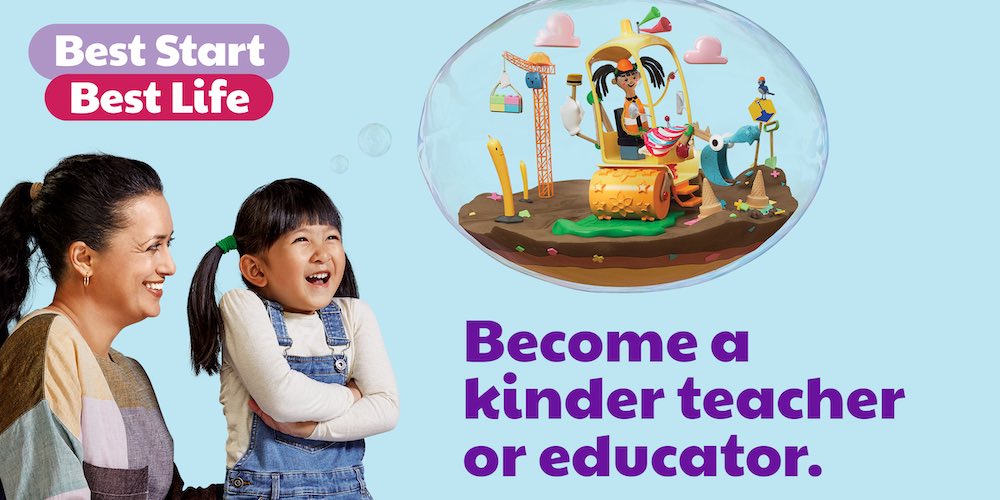Katelyn completed her QCE studies in 2020 with an ATAR of 98.40, and now studies a Bachelor of Advanced Science (Honours) at UQ. In this article, find her top tips for end-of-year exam revision.
Ahh yes, the much-dreaded end-of-year exams! The mark of the end of a long twelve years’ worth of schooling, the inspiration for many tears, and cause for many late-night study sessions… Yes, end-of-year exams can bring with them lots of stress – however, they don’t need to. For there are three things that you can keep in mind to help you not only ace your externals but achieve your goals and make the end of your senior year a little less anxiety-inducing! “What are they?”, you may be wondering…
#1: Utilise the syllabus
#2: Create dialogue
#3: Practice, practice, practice
The Syllabus: Your Best Friend
If you haven’t checked out the syllabi for each of your subjects, then you have been missing out! It is within these dauntingly large documents that lie the secrets to success. You see, the syllabi tell you exactly what you need to know to best prepare for the externals – QCAA cannot ask you questions based on content that isn’t covered in these documents. The syllabi are great for two reasons:
First, they allow you to make sure the notes you have taken throughout the year cover all the dot points. Make sure you have ticked off all the boxes and haven’t missed out on any of the assessable content. Also, just a pro-tip between you and me: one way to improve your memory of the content is to draw connections between the different syllabus points – doing this helps you to better encode the information into your memory, and the associations you create can then act as cues to recall more information.
📚 Check out our QCE Study Guides (Year 10-12) 📚
Click here to learn more
And second, the syllabi allow you to determine which topics will have more detailed questions in the exams. Take a look at the cognitive verbs used and ask yourself: “is this a higher-level cognitive verb or a lower-level cognitive verb?” Not only does this help you to mentally prepare for the types of questions you can expect for each topic – it also allows you to figure out how much time you should be dedicating to brushing up on certain sections of content.
Dialogue
One of the best ways you can help yourself remember content is to make conversation about it. Talk to your friends, your grandpa, your teachers, your goldfish… The more you expose yourself to new ideas and think about concepts, the better you will remember and understand them. Other ways of exposing yourself to content include listening to podcasts or indulging in it through a nice book or on the big screen. There are lots of ways to engage in this “dialogue”, and there are lots of ways to revise content – not all of them have to be boring.

Another means of creating this dialogue is to ask your teachers as many questions as you can. As soon as you are finding content a little bit tricky or confusing, discuss it with your teacher. Ask them as many questions as you can and do so as early on as possible – this will give you the best chance at success.
Practice Makes Progress
Not only is asking questions important, but so too is answering them. Nothing, and I mean nothing, beats going through past papers – trust me! I used to be ridiculously cynical about the notion that practice papers were the best way to prepare for exams. I mean, who would willingly sit down and make themselves do an exam they didn’t have to? That sounded insane to me. How could practice exams possibly be any better than good old textbook questions? I didn’t truly appreciate how beneficial past papers were until the end of grade 12.
Now, as an old, retired cynic, I am here to tell you that going through past papers is hands-down the best thing you can do to help yourself prepare. Not only do they expose you to the style of questions that you will be asked, but they also help you figure out the potential level of difficulty and the structure of your upcoming exams.
Further, you can use these practice papers to gauge where you need to spend more time revising.
Don’t forget to check out the QCAA website for these resources!
Remember, these exams are just that – exams. They are no different from any other exam you’ve taken before and aren’t the be-all-end-all. With that being said, I wish you all the best of luck for the end of your senior year and for the remainder of your studies! Remember to stay calm, have fun, and make the most of what is left of your secondary schooling experience 🙂
Looking for some extra guidance?
Don’t forget to check out the forums for access to plethora of resources and places for discussion (remember what I said about dialogue? 😉 ). Here you will find a wonderful community of people who are more than willing to help you navigate any challenges you may be facing. Also, make sure to head to the free notes section for extra resources.








Comments
No comments yet…